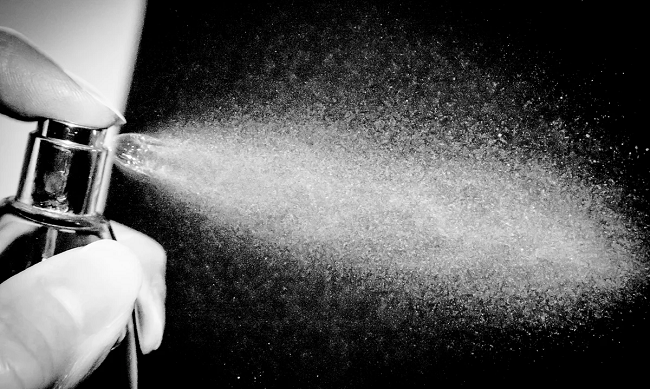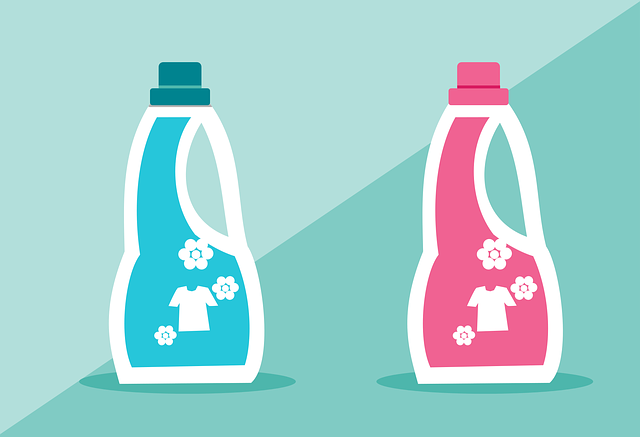Like a baby’s first breath, we all might enter this new year with a deep breath of fresh air!
If the air where you are is a bit stale, no worries. There’s a can of something labeled “fresh scent” close by that you can spray about.
Or maybe your clothes are washed and dried in that new-and-improved product promising an enduring fresh scent, wear after wear?
Environmental manipulations for everyone’s benefit, right?
Maybe not.
At our house, clothes are washed and dried with products that are unscented. The laundry detergent and rarely used dryer sheets are labeled “free and clear” of all dyes and scents.
While touting scents that last all day, manufacturers are also responding to the clamor for unscented products. It’s getting easier to find them and worth the effort.
Why?
Bending over to smell a rose in the garden causes a different physiological response than sniffing that all-day “fresh scent” in our clothes and linens.
Case in point.
On recent travels over the holidays, we stayed at someone’s house. Settling into our very comfy bed, I anticipated a restful night’s sleep, but instantly found myself in a cloud of fresh scent that dominated my every breath and thought.
Getting to sleep was almost impossible.
Fortunately, my ability to breathe did not shut down – not so true of many people who would have a potentially life-threatening asthma attack.
But there are other consequences to being exposed to chemical fresh scents, and the ramifications of what is in American household products is disturbing. The lack of manufacturer transparency and government oversight is alarming.
This one article, Fragranced consumer products: exposures and effects from emissions, opened my eyes to a host of issues that I must share with you.
Many studies have repeatedly indicated that chemical perfumes and scents can cause asthma attacks, respiratory issues, headaches, contact dermatitis, and neurological problems.
It’s hard for me to prove, but maybe those brief spells of feeling unbalanced after that first night “in the cloud of fresh scent” weren’t me just getting old. I did note, as the scent wore off during our stay, I felt less wobbly.
My partner, who claimed to be unconcerned and didn’t notice the smell, experienced headaches. Again, it is hard to prove cause and effect.
I was not aware that in the US, no law requires the full disclosure of ingredients in fragranced consumer products. The disclosure rules vary depending on the product. For most fragranced products, the term “fragrance” or related terms like “perfume” can be used on labels instead of listing specific ingredients, even though fragrances often consist of dozens or even hundreds of chemicals.
We think the government keeps an eye out for our safety, but products regulated by the Consumer Product Safety Commission, such as air fresheners and cleaning supplies, do not need to list ingredients on labels or safety data sheets (MSDS), nor do they need to disclose fragrance.
A twist on this involves personal care products regulated by the FDA. Their ingredients must be on the label, but can use the term fragrance, instead of specifying the individual chemicals. However, these ingredients are not required on the MSDS.
Do you recall that our skin is our largest organ, and one of its main functions is absorption? What are we exposing our skin to that it can absorb? Or that deep breath? What chemicals are we sending to every air pocket deep in our lungs – only to be absorbed by our blood and sent to every cell of our body?
Please take a few moments to read some more details in this article about the extent of the harm we are exposed to as we blithely sniff these fresh scents, putting ourselves and our loved ones in life-altering danger.
In health –
Deidre
Start a conversation in your sphere of influence by sharing this post using the options under the MORE button below.










